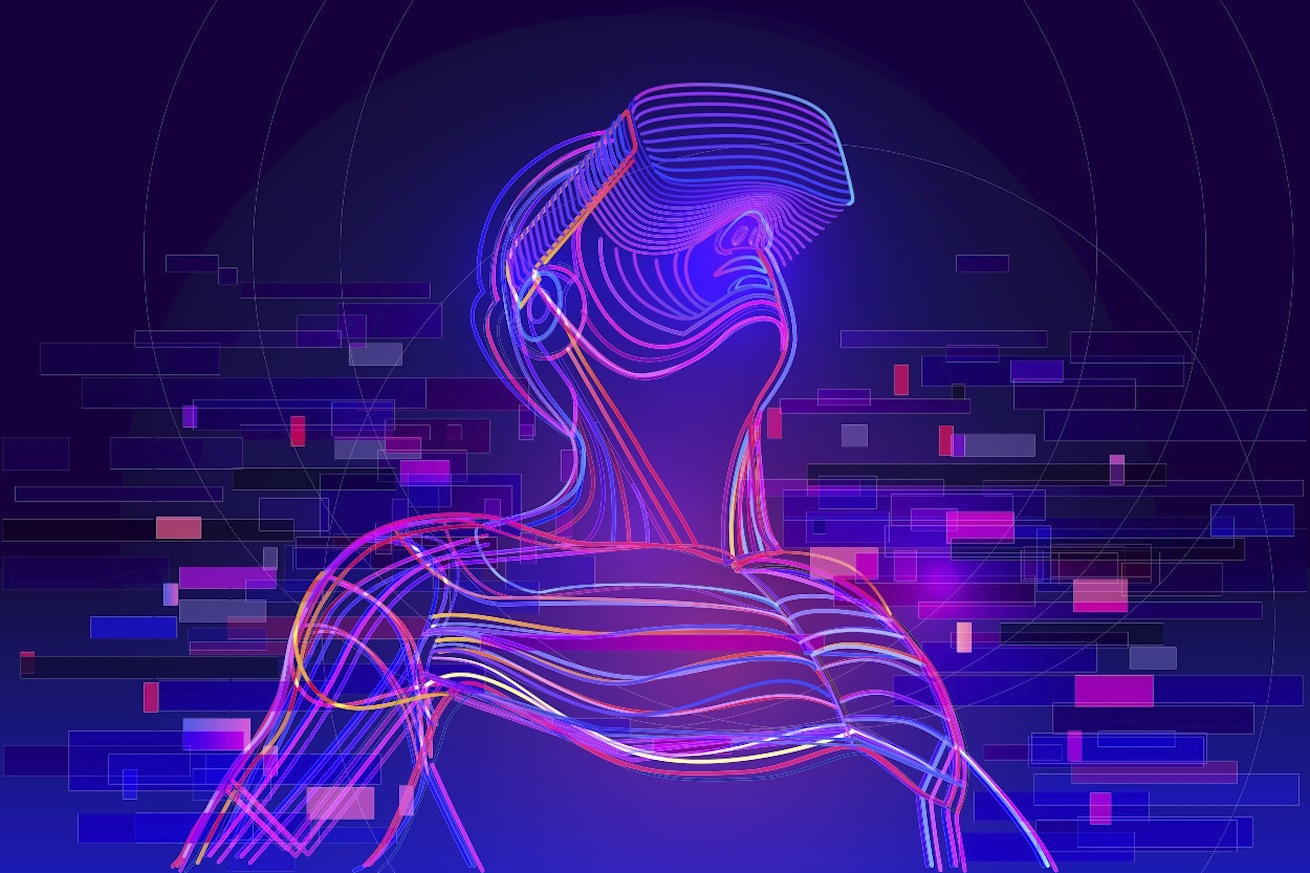
Digital psychedelics company TRIPP has acquired PsyAssist to empower psychotherapists and patients to safely and effectively use TRIPP’s virtual reality (VR), augmented reality (AR), and mobile experience platform for psychedelic-assisted therapies.
By combining TRIPP’s cross-platform offering of interactive and immersive virtual reality and mobile experiences with PsyAssist’s protocols for psychedelic medicine, psychiatric clinics and researchers will be able to use a new mental-health-focused solution called TRIPP PsyAssist to support the administration of ketamine-assisted therapies. There is also ongoing research with MDMA and psilocybin evaluating how TRIPP can be leveraged to reduce patient anxiety before, during, or after a treatment session.
Clinicians are currently using TRIPP to help immerse patients into alternative realities and to support patients’ emotional and mental wellbeing before, during, and after ketamine-assisted therapy. The company says that despite ongoing trials of psychedelic-assisted therapies and the clinical availability of ketamine to address mental health issues, patients still require support with onboarding, pre-session anxiety reduction, and post-session integration, either in a clinic or at home.
According to a 2020 study, virtual reality has the ability to play a critical role in preparing hallucinogen-naïve patients for the sensory distortions experienced in psychedelic states and in optimizing the environment of psychedelic settings. Both psychedelics and VR alter a person’s perceptual experience, notably their visual processing. “Psychedelics and VR’s shared capacity to transiently alter perspective and disrupt rigid patterns of mental experience may be common mechanisms underlying their analogous and transdiagnostic therapeutic uses,” the psychologists who authored the study said.
It is hoped that TRIPP PsyAssist will help therapists leverage TRIPP by providing them with clear, step-by-step guidelines on how to use the platform and help their clients undergoing psychedelic-assisted treatments better integrate and contextualize the ending effects of their experience. “Altered states of consciousness are often disorienting, overwhelming, and challenging to navigate and integrate. TRIPP is essentially aiding trained experts when patients are not able to properly contextualize and absorb the psychedelic experience so they can get the most out of their treatment,” said TRIPP CEO and Founder Nanea Reeves.
TRIPP has designed a beta program and has a plan to scale the deployment of its platform under the guidance of medical researchers. After protocols for each use case during these pilots have been validated, TRIPP plans to execute strategic content development and distribution with subject matter experts and to eventually expand TRIPP PsyAssist beyond psychedelic therapy to support mental health more broadly.
As part of the acquisition, PsyAssist’s founders Sunny Strasburg and David Starfire will be joining the TRIPP team to oversee the integration and go-to-market of TRIPP PsyAssist as TRIPP PsyAssist Director of Clinical Operations and Creative Director respectfully. “With the musical genius of David Starfire and psychedelic expertise of Sunny Strasburg, TRIPP is positioned to offer an aesthetically gorgeous, clinically grounded, and scientifically validated adjunctive modality which can serve as an essential dovetail for the psychedelic-assisted therapy experience,” said research advisor Dr. Joseph Barsuglia.





